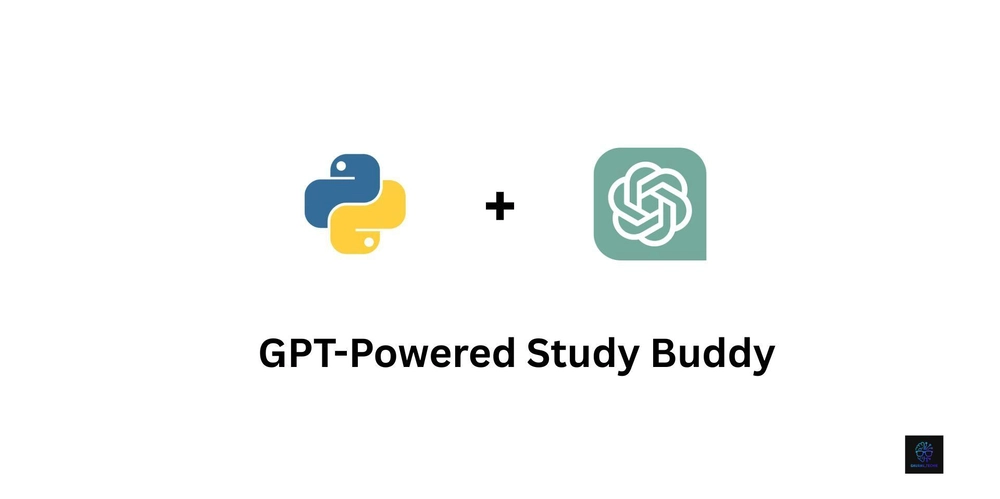Essential Machine Learning Concepts Animated
Understanding artificial intelligence (AI) and machine learning (ML) is becoming essential for software developers. But to truly grasp how these technologies work, it’s important to understand the core concepts and terminology that form their foundat...

Understanding artificial intelligence (AI) and machine learning (ML) is becoming essential for software developers. But to truly grasp how these technologies work, it’s important to understand the core concepts and terminology that form their foundation. Navigating this sea of terms can feel intimidating. Fortunately, the right guide can make all the difference.
We just published a course on the freeCodeCamp.org YouTube channel that will teach you all about the most important concepts and terminology in machine learning and AI. Taught by Vladimirs from the educational channel Turing Time Machine, this course offers simple, quick, and visually engaging explanations of complex ideas. With the help of animations and real-world analogies, Vladimirs breaks down more than 100 core terms into digestible lessons that are perfect for visual learners and anyone new to the field.
The course covers everything from the basics to more advanced topics, making it a valuable reference whether you're just starting out or brushing up your skills. You’ll start with foundational terms like variance, regression, and supervised vs. unsupervised learning, gaining an intuitive understanding of how models learn from data. From there, the course dives into statistical methods such as normal distribution, mean squared error, p-values, and t-tests, helping you understand how data is analyzed and interpreted in the ML pipeline.
Moving into more specialized topics, the course explains critical optimization techniques like gradient descent, stochastic gradient descent, and regularization, which are essential for building accurate and efficient models. You’ll also explore evaluation metrics such as precision, recall, confusion matrices, and AUC (Area Under the Curve), which are used to assess how well your models perform.
What sets this course apart is its expansive scope. You’ll learn about machine learning model types including decision trees, random forests, support vector machines (SVMs), and neural networks, including deep learning architectures like CNNs (Convolutional Neural Networks), RNNs (Recurrent Neural Networks), LSTMs, and the cutting-edge transformer model. The course even touches on advanced and emerging areas such as variational autoencoders and quantum machine learning, providing a glimpse into the future of AI.
In addition to theory, the course highlights practical elements of the ML workflow. Topics like data preprocessing, feature engineering, handling missing values, cross-validation, train-test split, and model selection are all covered, giving you a well-rounded understanding of what goes into building and deploying machine learning models in the real world.
You'll also gain insights into related disciplines like natural language processing (NLP), sentiment analysis, object detection, and knowledge graphs. These are key areas in which AI is having a real-world impact today, from chatbots and recommendation engines to autonomous vehicles and search engines.
Whether you're preparing for a job interview, working on a data science project, or simply want to understand how AI is shaping the world, this course is an invaluable resource. Its visual format makes even the most intimidating concepts feel approachable and engaging.
You can watch the full course for free on the freeCodeCamp.org YouTube channel (27-minute watch).







































































